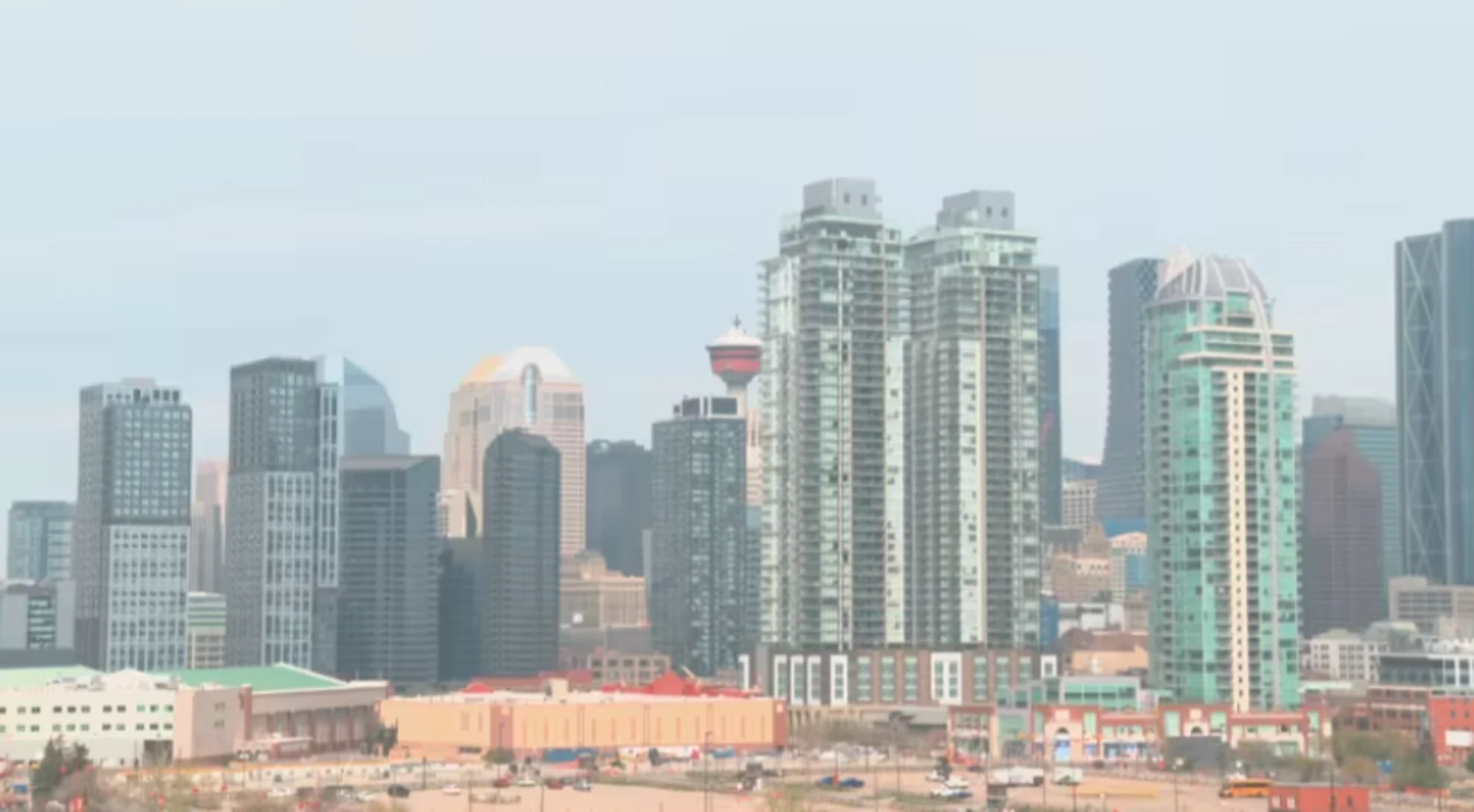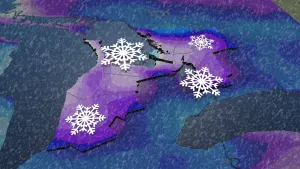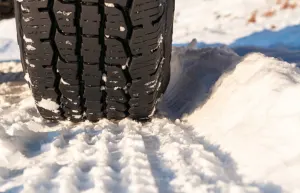
Calgary doctors worry about long-term harm of repeated smoke exposure
While no significant wildfires have started so far this season in southern Alberta, the same can't be said for poor air quality.
Over the weekend, wildfire smoke rolled into Calgary — marking the beginning of what could be another long summer of smoky conditions.
With an Air Quality Health Index of 7, or high risk, the Calgary Minor Soccer Association cancelled over 100 outdoor matches on Sunday.
"We want to prioritize the safety of these players and make sure that they get a great environment to play in. And part of that is ensuring that we've got healthy air to breathe," said technical manager Jordan Stewart.
"It seems to be becoming more prevalent that we're rescheduling more games each outdoor season due to poor air quality."
RELATED: AQI, AQHI, and your health: Air quality ratings explained
Calgary lung specialists say they're worried about the long-term effects of repeated smoke exposure, and they're urging Albertans to protect themselves now to prevent illness in the future.
For Dr. Kerri Johannson, a pulmonary physician and associate professor in the department of medicine at the University of Calgary, her first thought when she smelled the smoke was: "Not again, not already."
She said the normalization of the wildfire season is concerning because prolonged exposure to air pollution — year after year after year — can lead to increased risk of multiple diseases, including chronic lung disease, chronic heart disease and cancers.
On top of that, she said wildfire smoke is more toxic than regular air pollution because wildfires burn everything in their path, from tires, to paint, to asbestos.
"This is something that we may see manifesting illness 10, 20 years down the road," said Johansson.
Dr. Alex Chee, a physician and clinical associate professor in respirology at the University of Calgary, said patients have required more medications to treat their lung disease in the past couple of years.
And while there are still many unknowns about how annual wildfire seasons will impact people's health, he says that for people with underlying disease, it becomes harder to recover each time.
"With repeated exposures and repeated exacerbations, that's always a concern — that you will slowly get worse, year after year," said Chee.
WATCH: Does breathing in wildfire smoke mean lung issues for life?
While it isn't how most people want to spend their summers, Chee said it's critical that Albertans monitor and understand the Air Quality Health Index, and act accordingly.
"When you hit kind of the red and purple code levels (7-10+), those are times that you should try and stay away from the outdoors."
He said wearing masks or respirators will help keep toxins out of the lungs when the air quality is really poor.
Johannson said indoor filtration systems help clean the air, and for those worried about their health, it could be worth talking to their physician about giving up vaping or smoking.
But at the end of the day, she said, the priority should be to prevent wildfires happening so frequently.
"I'm super optimistic.… I think that we will work towards getting back to that one day and hopefully have this whole concept of wildfire season behind us," said Johannson.
In the meantime, the minor soccer official said there are steps the city could take.
Stewart said he'd like to see more indoor soccer fields in Calgary so kids have more opportunities to stay active when they're unable to do so outdoors.
This article, written by Karina Zapata, was originally published for CBC News.
Thumbnail image courtesy: Taylor Braat/CBC








